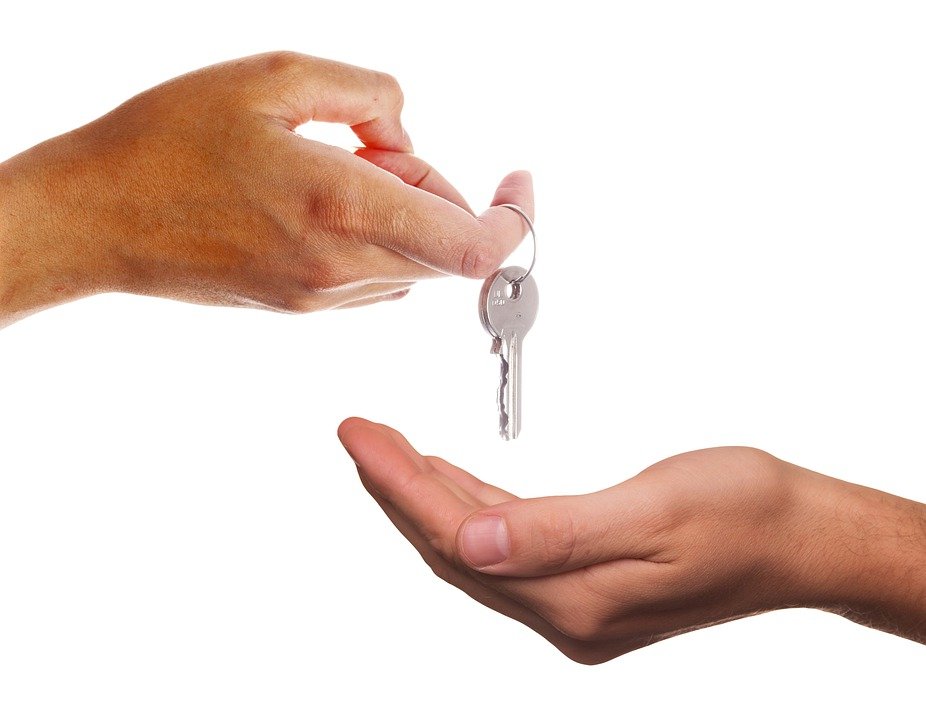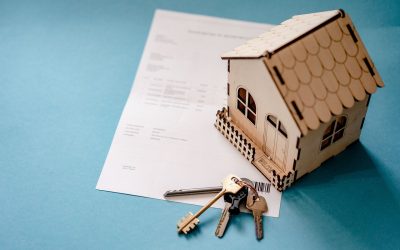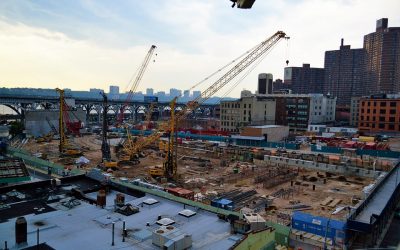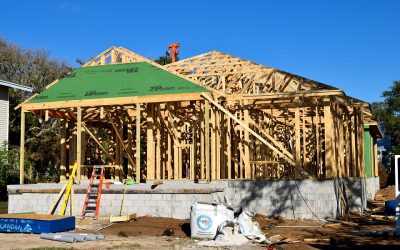Nearly everyone lusts for power. In and of itself, the lust for power is morally neutral. The type of power that one seeks determines whether it is good or bad, moral or evil.
When we think of examples of power lusters, dictators, gang leaders, and bullies often come to mind. Such individuals seek power over others. They want to compel others to do their bidding. They do not recognize the rights of others. This type of power lust is evil.
One can, however, lust for power in a perfectly moral way. An individual can desire power over one’s own life. One can lust for the freedom to choose and act while respecting the rights of others to choose and act as they deem best.
Unfortunately, many believe that power over their own life requires them to seek power over the lives of others. The “tenants’ rights” movement is one example.
Many tenants and their advocates believe that landlords have unfair power over renters. Landlords can raise rents, refuse to renew a lease, and take other actions that tenants don’t like. The response from renters is to advocate for rent control, “just cause” eviction laws, and other controls on property owners.
Those who advocate such regulations and controls on landlords equate economic power and political power. As Ayn Rand pointed out, economic power is the power to produce, while political power is the power to coerce:
What is economic power? It is the power to produce and to trade what one has produced. In a free economy, where no man or group of men can use physical coercion against anyone, economic power can be achieved only by voluntary means: by the voluntary choice and agreement of all those who participate in the process of production and trade. In a free market, all prices, wages, and profits are determined—not by the arbitrary whim of the rich or of the poor, not by anyone’s “greed” or by anyone’s need—but by the law of supply and demand. The mechanism of a free market reflects and sums up all the economic choices and decisions made by all the participants. Men trade their goods or services by mutual consent to mutual advantage, according to their own independent, uncoerced judgment. A man can grow rich only if he is able to offer better values—better products or services, at a lower price—than others are able to offer.
Wealth, in a free market, is achieved by a free, general, “democratic” vote—by the sales and the purchases of every individual who takes part in the economic life of the country. Whenever you buy one product rather than another, you are voting for the success of some manufacturer. And, in this type of voting, every man votes only on those matters which he is qualified to judge: on his own preferences, interests, and needs. No one has the power to decide for others or to substitute his judgment for theirs; no one has the power to appoint himself “the voice of the public” and to leave the public voiceless and disfranchised.
Now let me define the difference between economic power and political power: economic power is exercised by means of a positive, by offering men a reward, an incentive, a payment, a value; political power is exercised by means of a negative, by the threat of punishment, injury, imprisonment, destruction. The businessman’s tool is values; the bureaucrat’s tool is fear. [Ayn Rand, “America’s Persecuted Minority: Big Business,” Capitalism: The Unknown Ideal, 46.]
Economic power is founded on voluntary trade. Political power is founded on physical force.
When a landlord proposes an increase in the rent, a tenant has a choice: pay the additional amount, negotiate a lower increase, or move. The tenant may not like these alternatives, but that is beside the point. We often face choices between alternatives that we do not like. But so long as we are free to choose and act accordingly, we still retain power over our life.
The freedom to choose is not the type of power that housing activists seek. They lust for power to control others.




